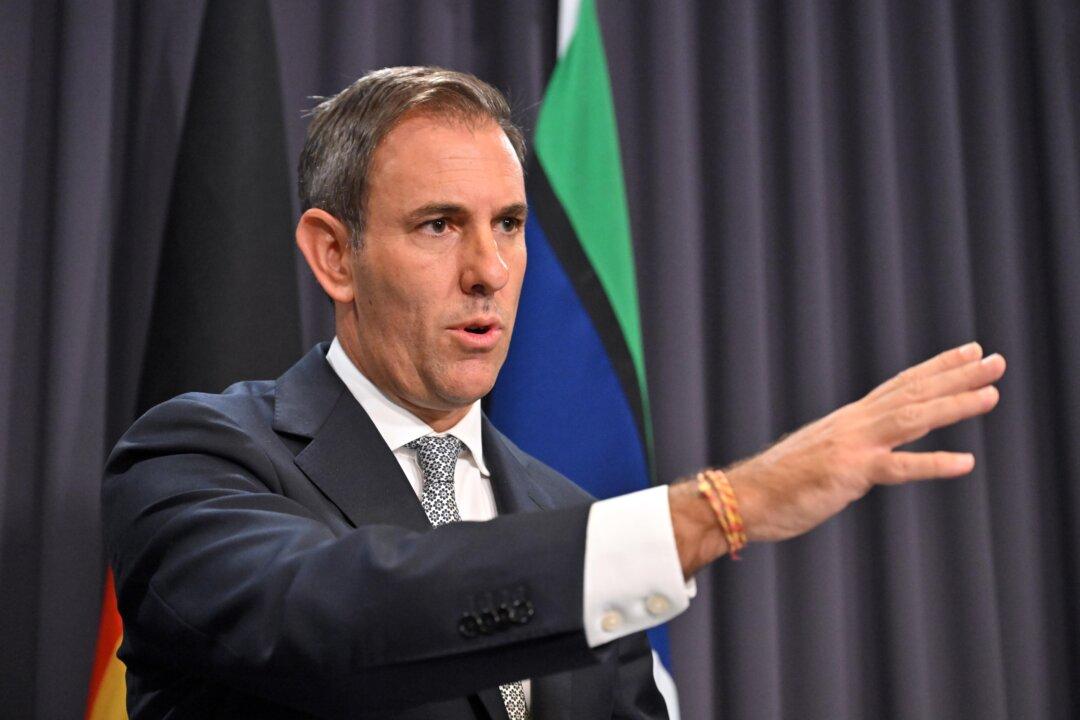Australian Treasurer Jim Chalmers has said that there will not be significant spending cuts in the upcoming federal budget.
“This is not the time for scorched earth austerity. This is not the time to slash and burn in the budget when people are doing it tough and when growth in our economy is weaker than we would like it to be,” he said on May 6.





